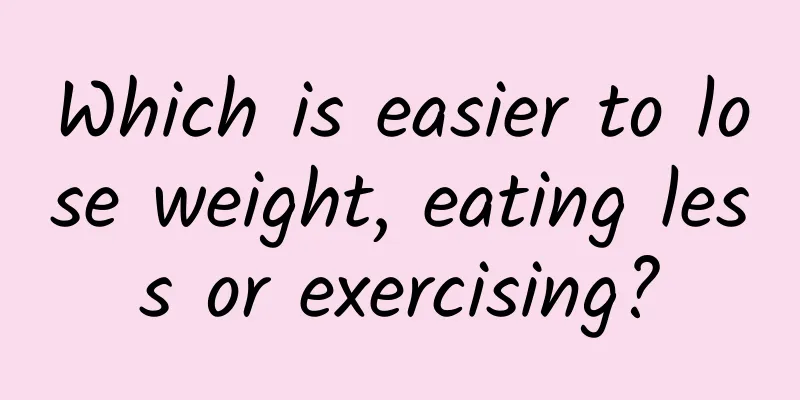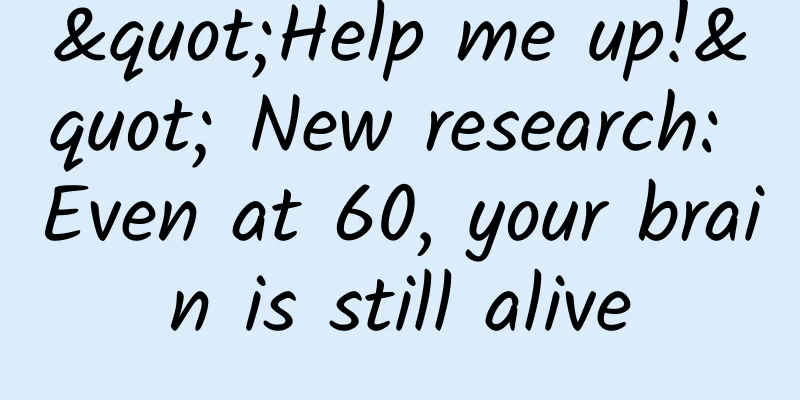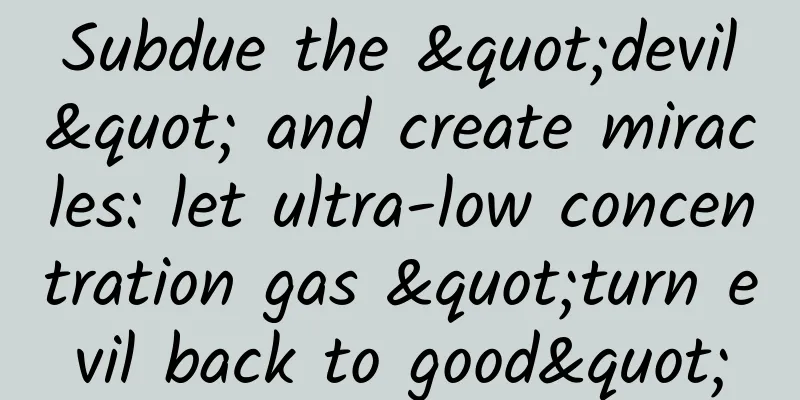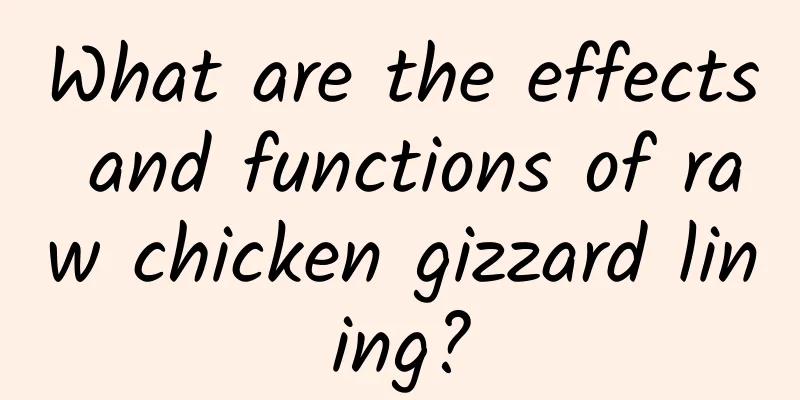Which is easier to lose weight, eating less or exercising?

|
If you don't lose weight in April, you will regret it in May. June meat piles up... Summer is here, and many people have started a new round of weight loss plans Some friends choose to put exercise on the agenda Some friends also said "I really can't move, so I'd better eat less." Then exercise and eat less Which one is easier to lose weight and has a better weight loss effect? 01 Eating less VS exercising, which is better? The underlying logic of weight loss is that calorie consumption is greater than calorie intake. Dieting can reduce energy intake, while exercise can increase energy consumption. Therefore, both methods are effective ways to lose weight. However, these two methods also have their own advantages and disadvantages: For those who want to lose weight quickly, the most effective way is to eat less, and exercise is only an auxiliary means. As the saying goes, "70% eating, 30% exercise", for example: jogging for 1 hour consumes about 600 kcal of energy, and 600 kcal is actually a bag of French fries. For people who want to lose weight but can't control their appetite, eating a bag of French fries may take 3 minutes, but it takes 1 hour to consume them. Judging from this efficiency, if you want to really lose weight, you should still try to control your appetite. 02 Long-term dieting alone is not reliable for weight loss If you eat less and don't move for a long time, even if you lose weight, you will lose muscle! Long-term dieting will reduce the protein content in the human body and the synthesis of muscle protein. In order to maintain the basic needs of life, the body will "sacrifice" muscle. This is a manifestation of the body's self-protection. Moreover, dieting is more likely to encounter a weight loss plateau: long-term dieting will cause the metabolism to slow down, and the body's self-regulation function will reduce the body's basal metabolism, and calorie intake and consumption will be basically the same, so there is naturally no obvious weight loss effect. Therefore, if you want to lose weight healthily, you must eat a healthy diet and exercise to increase your muscle content. Because muscle can increase the basal metabolic rate, allowing the body to increase energy consumption while maintaining basic vital signs. In addition, muscle can also better consume excess energy during exercise. Finally, it should be noted that whether eating less or exercising, it should be controlled within a reasonable and sustainable range to achieve "normalization", so that it is easier to stick to it and not always give up halfway. In addition, the faster the weight loss speed is, the better. The World Health Organization recommends that self-weight loss under the guidance of non-professionals should not exceed an average of 0.5-1 kg per week. Don't be in a hurry to lose weight. END |
<<: This museum actually "moved" a real tropical rain forest here!
Recommend
How to check if fruits are "damaged"? Decoding the entire process of internal defect detection for fruits and vegetables
"Fruit and vegetable testing" is an imp...
Don’t drink this kind of soy milk! It’s easy to get poisoned! Tell your family immediately!
recently A netizen made homemade soy milk in the ...
Chinese patent medicine for calming nerves
Unable to sleep, waking up all night, difficulty ...
The efficacy and function of fat pig grass
When it comes to fat pig grass, we are all famili...
How to take Chinese medicine amber powder
I believe everyone has seen amber. Amber can be u...
The efficacy and function of Qingliang rice
Sorghum rice is a common type of Chinese medicine...
The "final boss" of the movie "Jurassic World" turns out to be this!
The "guest" we are interviewing today i...
What? Drinking alcohol can cause Alzheimer's disease?
Now there are more and more reasons to drink. I&#...
The efficacy and function of Mudong
Speaking of Mudong, we are all familiar with it. ...
What is snake venom serum?
Many people don’t even know what snake venom seru...
The efficacy and function of Xinjiang Notopterygium
As we all know, Xinjiang Notopterygium is a very ...
The efficacy and function of ginger stone
Many people are not very clear about the effects ...
Alibaba Financial Report: Alibaba's net profit in Q3 of fiscal year 2023 was 46.815 billion yuan, a year-on-year increase of 138%
Alibaba recently released its third quarter repor...
With the emergence of “evil nickel”, will the price of electric vehicles be able to remain unsustainable?
The price of nickel has been rising like crazy re...
Where the Heart “Sounds” – Exploring the Beautiful Sounds of the Heart
Author: Chen Bingwei, deputy chief physician of T...









